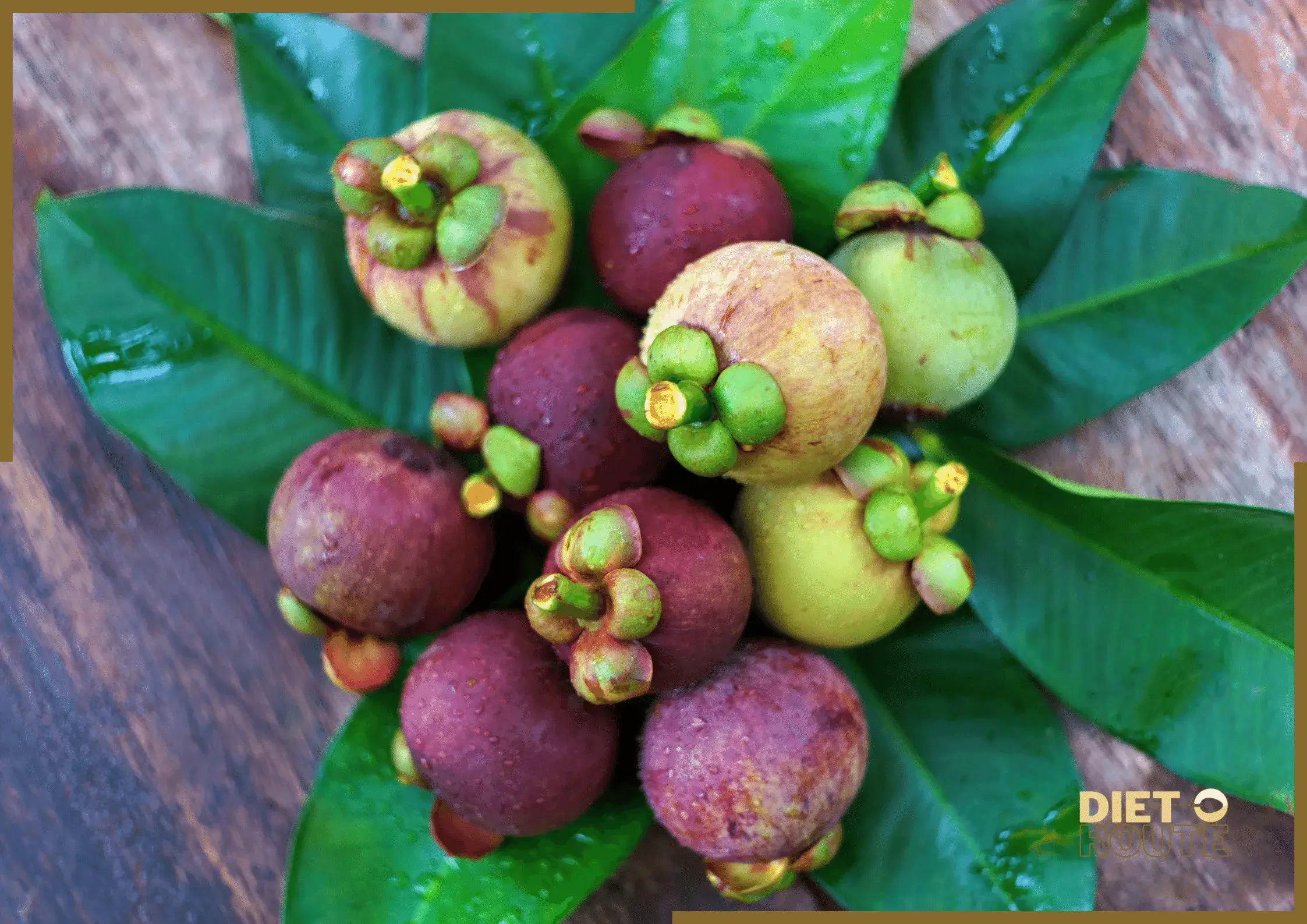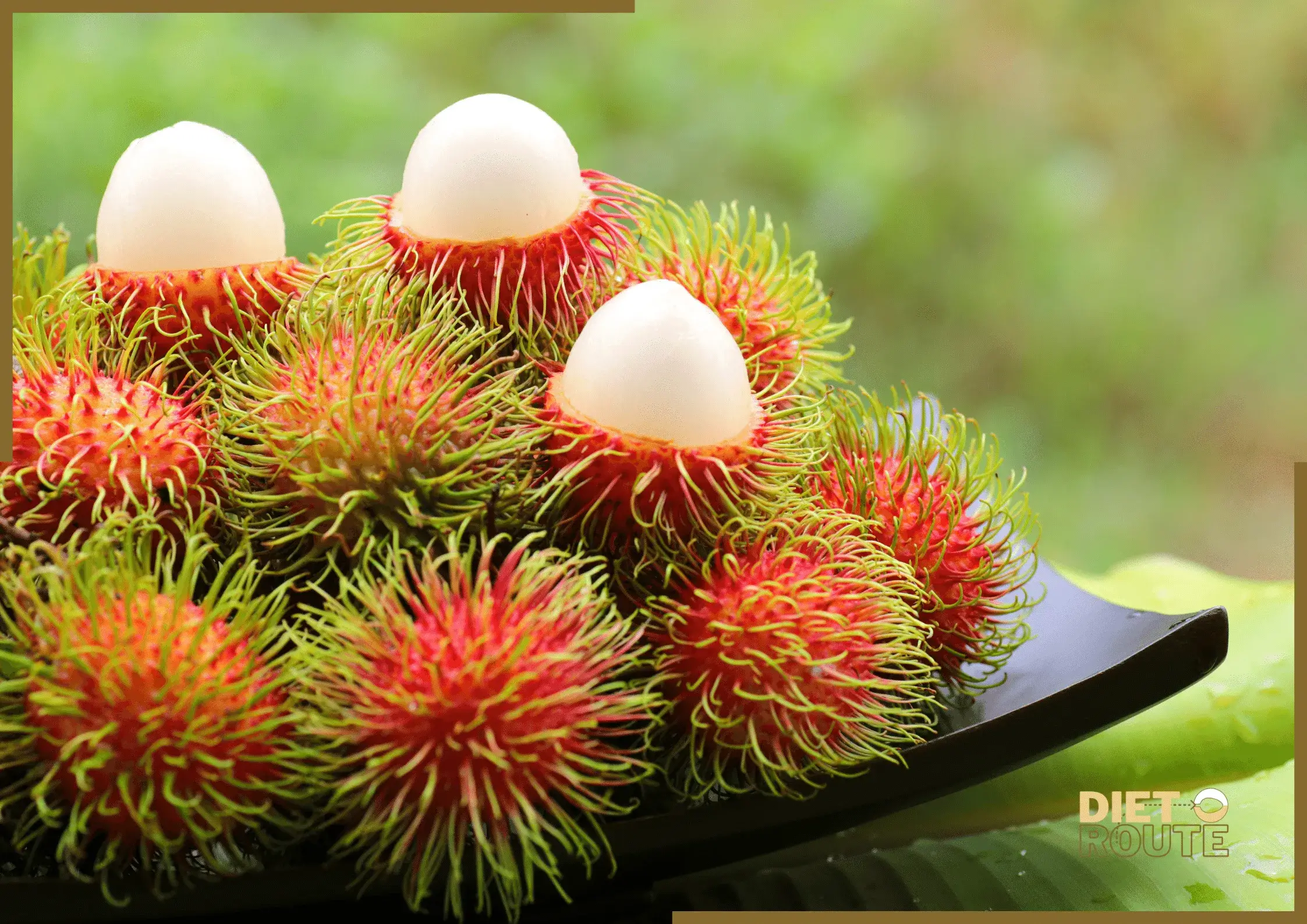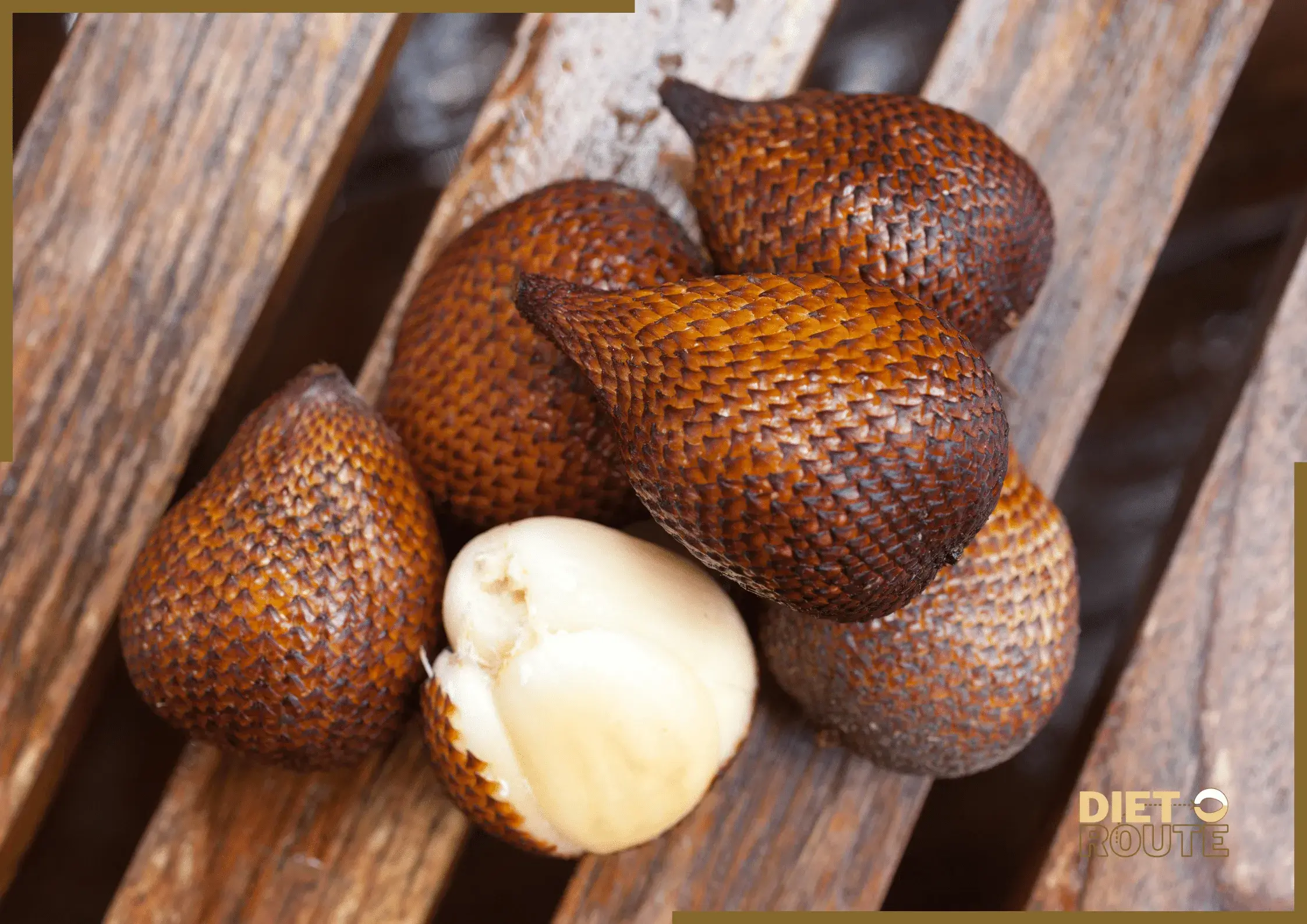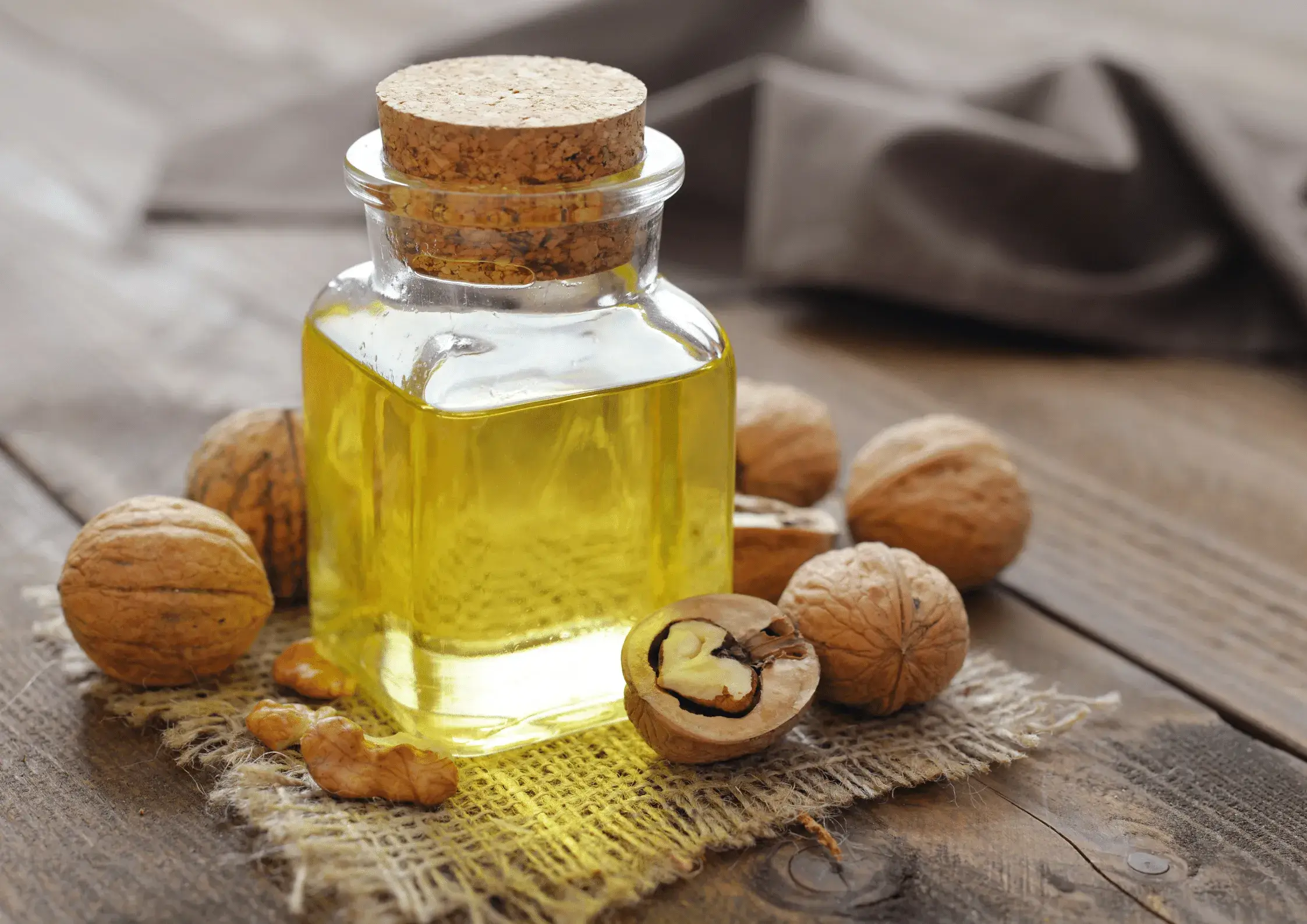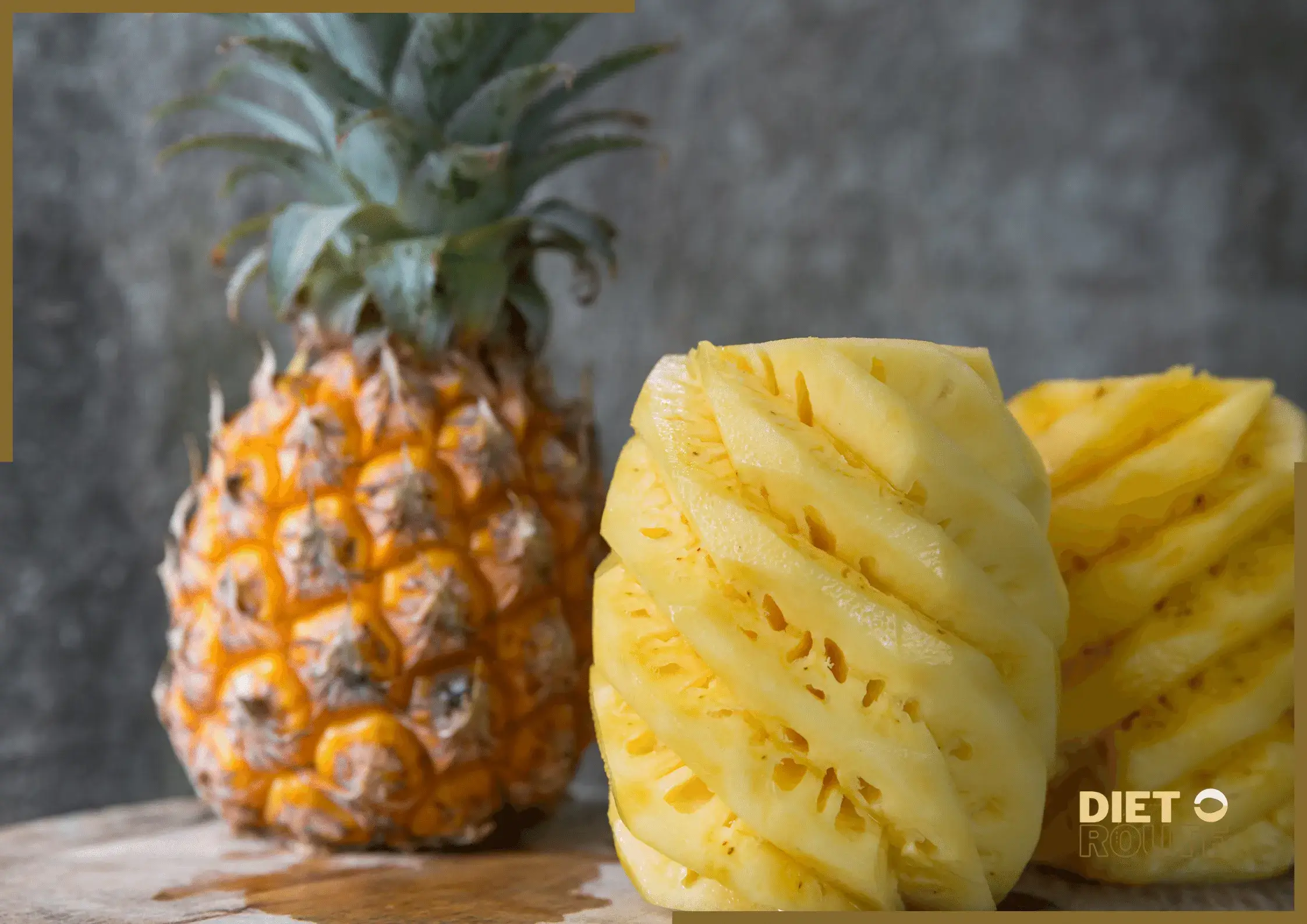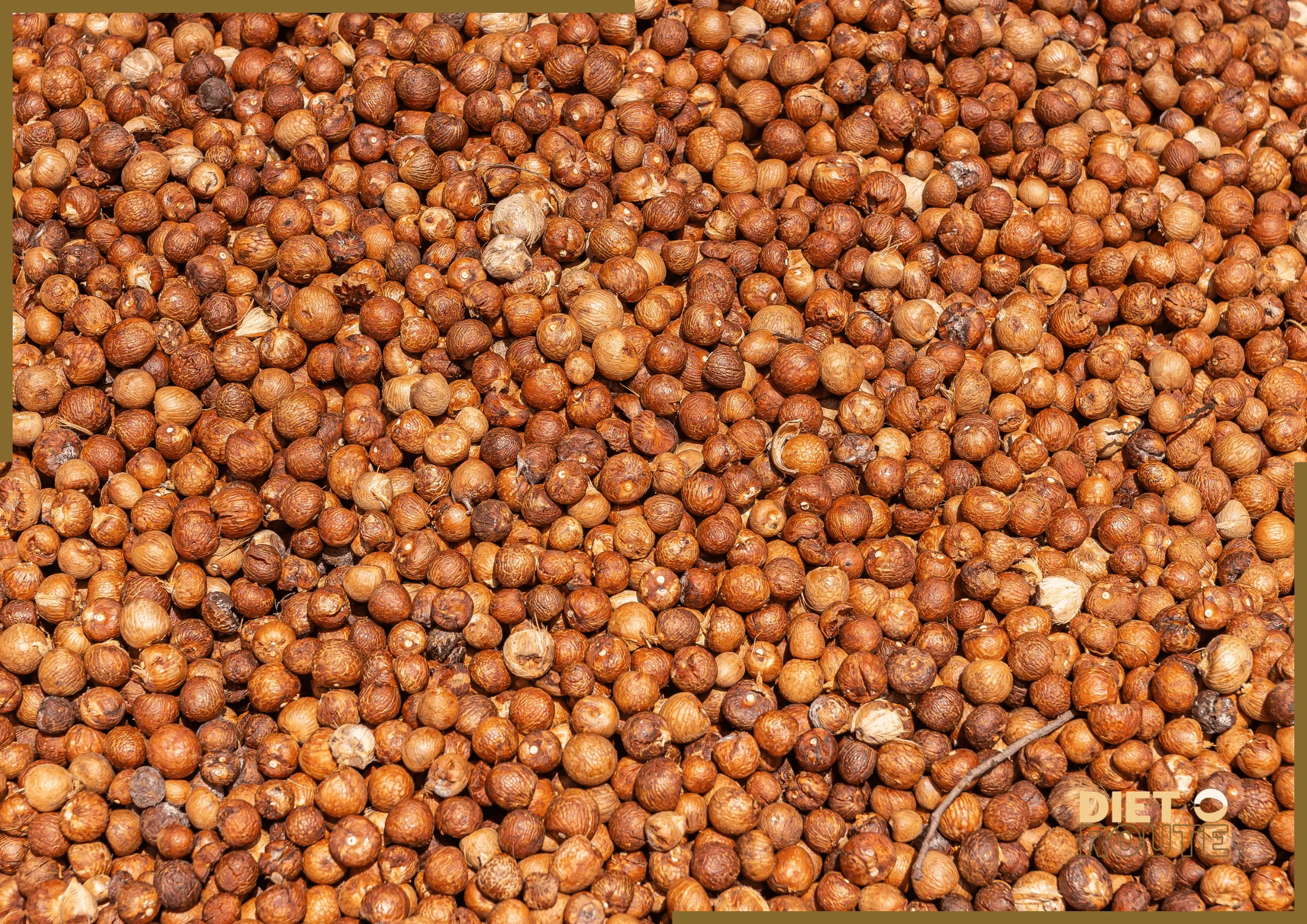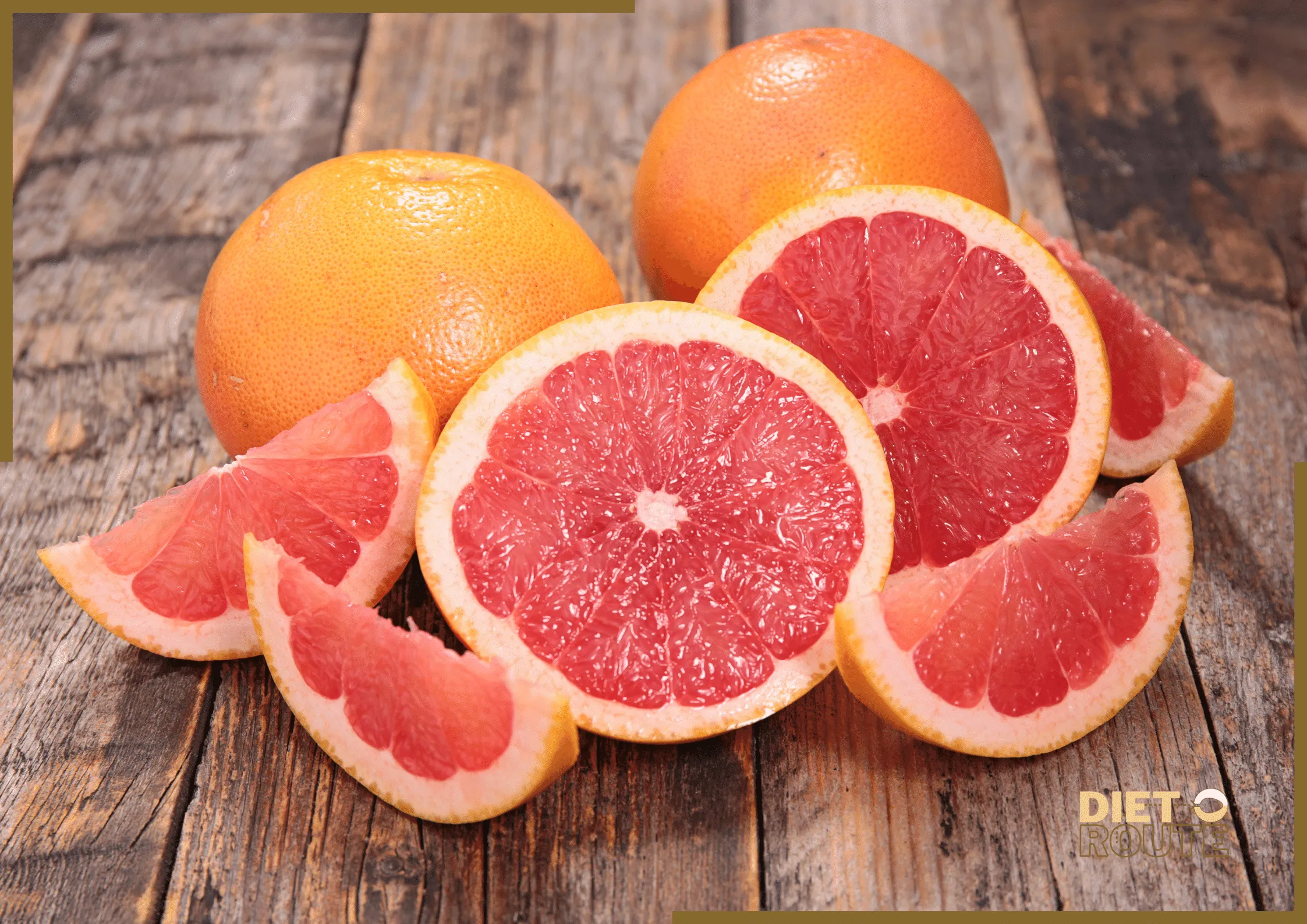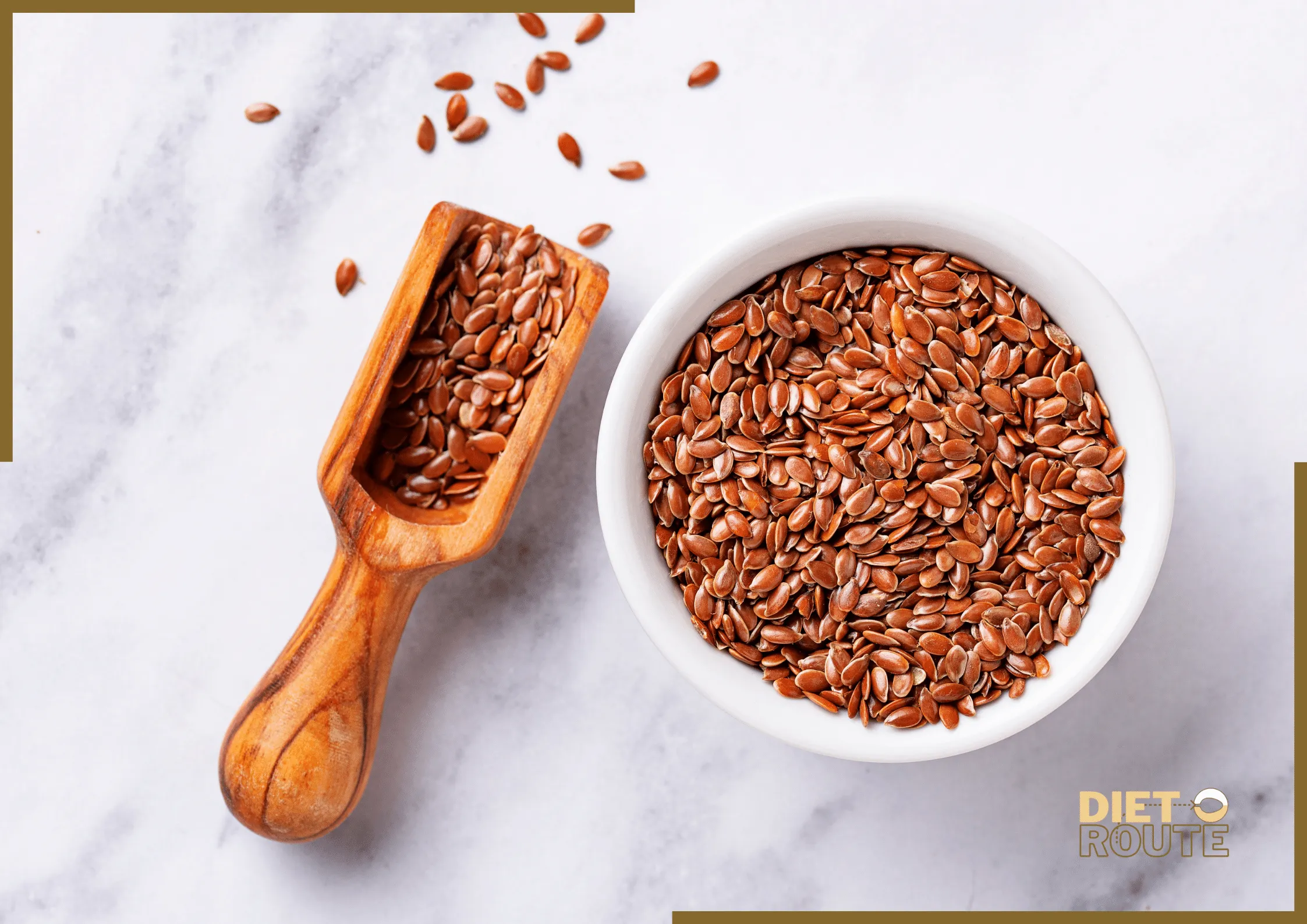Introduction
The tropical fruit Mangosteen is renowned for its distinct taste and possible health advantages. This article presents a tabular breakdown of the nutritional value, including the daily value percentage (% DV). In this article, we will explore the advantages and disadvantages and provide answers to ten commonly asked questions (FAQs). Explore the nutritional profile and uncover its potential benefits and factors to consider.
Table of Contents
Nutritional Value Approximately 100g
The values provided are approximate can vary depending on the size and ripeness.
| Nutrient | Amount Per 100g | % Daily Value* |
| Calories | 73 kcal | 4% |
| Carbohydrates | 17.9 g | 6% |
| Fiber | 1.8 g | 7% |
| Sugars | 13.7 g | – |
| Protein | 0.4 g | 1% |
| Fat | 0.6 g | 1% |
| Vitamin C | 12 mg | 20% |
| Vitamin E | 0.4 mg | 2% |
| Vitamin B6 | 0.03 mg | 2% |
| Potassium | 48 mg | 1% |
*Percent Daily Values (% DV) are based on a 2,000-calorie diet.

Pros
1.Mangosteen’s antioxidant properties make it a valuable resource in protecting the body from oxidative stress and promoting overall health.
2. It is a rich source of vitamin C, a crucial nutrient that aids in boosting the immune system and functions as an antioxidant.
3. It’s compounds may have potential anti-inflammatory effects, according to some studies.
4. It is a great choice for hydration due to its high water content.
Cons
1.Limited Availability of mangosteen, find it Challenging to Locate in Some Regions.
2. It is a fruit that contains high levels of natural sugars. Therefore, people who are diabetic or are cautious about their sugar consumption should consume it in moderation.
Frequently Asked Questions (FAQs)
1. Is mangosteen effective for weight loss?
It is a low-calorie and low-fat fruit, however, it is important to take into account its sugar content. Moderate consumption of this food can contribute to a well-balanced diet that supports weight management.
2. Can Mangosteen Enhance Skin Health?
It’s antioxidants may offer potential benefits for skin health by safeguarding against oxidative damage and supporting a radiant complexion.
3. Is it safe to eat mangosteen while pregnant?
It is a safe and nutritious addition to a well-balanced pregnancy diet. It is crucial to seek guidance from a healthcare expert for tailored recommendations.
4. Can mangosteen aid in reducing cholesterol levels?
Research indicates that it may contain compounds that can help lower cholesterol levels. Further research is required to determine the effectiveness of this fruit.
5. Are there any potential allergic reactions associated with mangosteen?
Allergic reactions to this fruit are possible, although uncommon. If you suffer from allergies, it is advisable to be careful and stop consuming the product if you experience any negative reactions.
6. Can the consumption of mangosteen have an impact on the effectiveness of certain medications?
It has the potential to interact with specific medications, particularly those that are metabolised by the liver. Consulting with a healthcare professional is recommended if you are currently taking medications.
7. Can mangosteen enhance digestive health?
It is a great source of dietary fibre that can help improve digestive health and encourage regular bowel movements.
8. Is mangosteen safe for children to consume?
It is a suitable addition to children’s diets, but it’s important to serve it in portions that are appropriate for their age and keep an eye out for any potential allergic reactions.
9. Is mangosteen effective against cancer?
It may have potential anticancer properties according to some studies, but further research is required to confirm these claims.
10. Can mangosteen improve mental health?
The impact of it on mental health has limited scientific evidence. The antioxidant properties of this substance can potentially enhance one’s overall health and wellness.
In a Nut Shell
Mangosteen is a tropical fruit that boasts a distinctive taste and promising health advantages. This product boasts high levels of antioxidants and vitamin C, both of which are crucial for bolstering the immune system and safeguarding against oxidative stress. People who have diabetes or are mindful of their sugar consumption should limit their intake of this fruit because it contains natural sugars. Incorporate into your balanced diet and seek advice from a healthcare expert if you have any particular health issues or allergies. Enjoy the delectable flavour while potentially benefiting from its health-enhancing properties by incorporating it into your diet.
